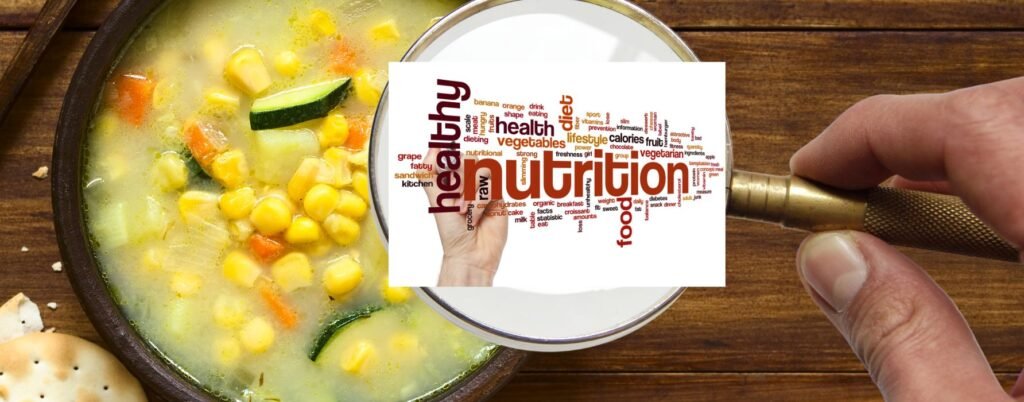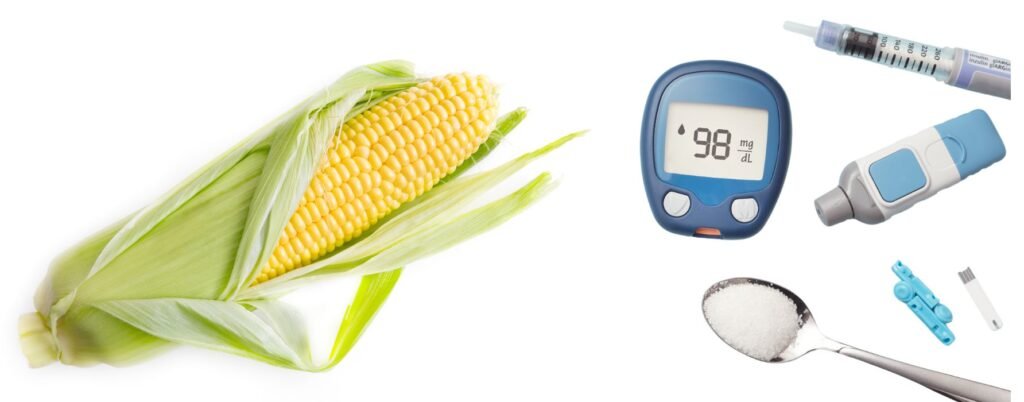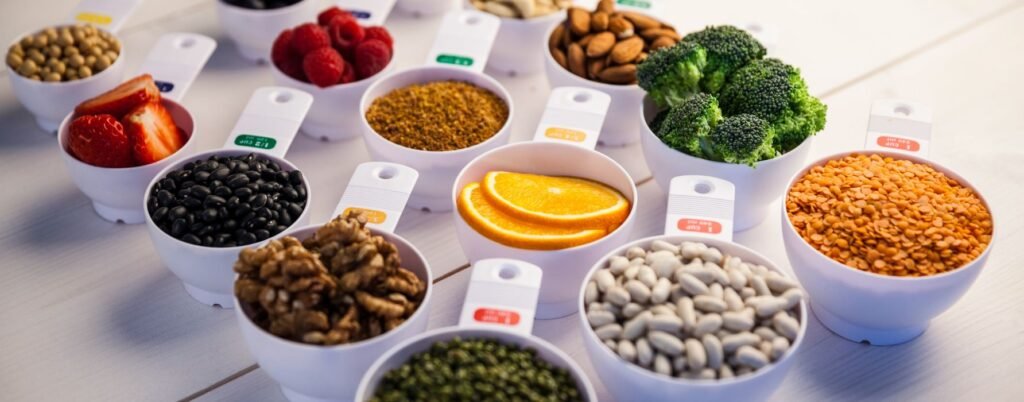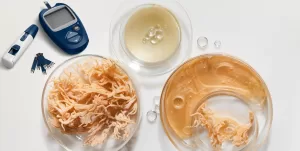Diabetes is a chronic health condition that requires careful management of blood sugar levels. Choosing the right foods is essential to achieve this, and corn is a popular and versatile vegetable enjoyed by many. However, there is some debate surrounding whether corn is good or bad for people with diabetes. In this article, we will explore the relationship between corn and diabetes and provide the information you need to make an informed decision.
What is Corn?
Before talking about corn and diabetes, let’s better know corn which is a starchy vegetable native to Central America and is now widely grown and consumed worldwide. It is a good source of fiber, vitamins, and minerals, including vitamin C, thiamine, and potassium. Corn comes in many varieties, including sweet corn, which is the most commonly consumed type in the United States.

Nutritional Value of Corn for Diabetes:
Incorporating corn and diabetes ? Let’s know it’s nutritional value. Corn is a nutrient-dense food that contains a range of vitamins and minerals. One cup of corn contains the following:
- Calories: 133
- Carbohydrates: 29 grams
- Fiber: 3.5 grams
- Protein: 4.6 grams
- Fat: 1.5 grams
- Vitamin C: 17% of the Daily Value (DV)
- Thiamine (B1): 24% of the DV
- Folate (B9): 19% of the DV
- Potassium: 10% of the DV
- Magnesium: 11% of the DV
Is Corn Good for Diabetics?

Corn and diabetes have a complex relationship, but corn can be a part of a healthy diet for people with diabetes, but it’s important to be mindful of portion sizes and the way it’s prepared. Here are some things to consider:
- Corn is a source of carbohydrates: While we discuss corn and diabetes, it is important to know that corn contains carbohydrates, which can raise blood sugar levels in people with diabetes. A half-cup of cooked corn contains about 15 grams of carbohydrates. Therefore, it’s essential to monitor portion sizes and include corn as part of a balanced meal plan for people with diabetes.
- Corn is high in fiber: Corn is a good source of fiber, which can help regulate blood sugar levels in people with diabetes. Fiber slows down the digestion and absorption of carbohydrates, which can prevent spikes in blood sugar levels. One cup of corn contains around 3.5 grams of fiber, making it a great addition to a healthy diet for people with diabetes.
- Corn can be prepared in healthy ways for people with diabetes: How you prepare corn can affect its nutritional value for people with diabetes. Boiling or grilling corn is a healthier option than frying it. Avoid adding high-calorie toppings like butter, salt, or sugar, as they can add unnecessary carbohydrates and calories that can affect blood sugar levels in people with diabetes. So go for healthy recipes for example Grilled Corn and Tomato Salad, Corn and Black Bean Salsa, Corn and Zucchini Fritters etc.
- Corn is not a low-carbohydrate food: For people with diabetes following a low-carbohydrate diet, corn may not be the best choice. However, if you do choose to eat corn, it’s essential to balance it with other low-carbohydrate foods to maintain stable blood sugar levels for people with diabetes.
- Corn is nutrient-dense for people with diabetes: Corn and diabetes have a complex relationship, but corn is a nutrient-dense food that contains a range of vitamins and minerals. It is rich in antioxidants, including lutein and zeaxanthin, which can help protect against eye diseases like macular degeneration in people with diabetes.
Benefits of Corn for Diabetes:

Corn is a popular and nutritious vegetable that can offer several benefits for people with diabetes. Here are some of the benefits of Corn and diabetes:
- Good source of fiber: Corn is a good source of fiber, with one cup of cooked corn providing around 3.5 grams of fiber. Fiber can help regulate blood sugar levels in people with diabetes and prevent spikes in blood sugar after meals. It can also help with weight management by keeping you feeling full for longer periods.
- Rich in nutrients: Corn is packed with essential vitamins and minerals, including vitamin C, thiamine, folate, potassium, and magnesium. These nutrients can help support overall health and reduce the risk of chronic conditions like heart disease, which can be more prevalent in people with diabetes.
- Low in fat: Corn is a low-fat vegetable, with one cup of cooked corn containing only around 1.5 grams of fat. This can be beneficial for people with diabetes who are at risk of heart disease or other health conditions related to high-fat diets.
- Versatile: Corn is a versatile ingredient that can be used in many different dishes, making it easy to incorporate into a balanced and healthy diet. It can be added to salads, soups, stir-fries, and more, providing a range of options for people with diabetes looking to increase their vegetable intake.
- Rich in antioxidants: Corn contains antioxidants like lutein and zeaxanthin, which can help protect against eye diseases like macular degeneration. This can be especially important to know while analyzing corn and diabetes, lutein and zeaxanthin can be very vital for people with diabetes, who are at a higher risk of developing eye problems.
Conclusion:
In conclusion, incorporating Corn and diabetes in a healthy diet for people with diabetes can be beneficial, but it’s crucial to be mindful of portion sizes and how it’s prepared. Corn is a nutrient-rich source of fiber, vitamins, and minerals which can help regulate blood sugar levels when consumed in moderation. However, individuals following a low-carbohydrate diet may find other options more suitable.
Consulting a healthcare expert or registered dietitian is essential to developing a personalized meal plan that considers individual needs and preferences. By making informed choices and including various nutrient-dense foods such as Corn and diabetes in the diet, individuals with diabetes can manage their condition and enhance their overall health.

Remember, moderation is key, and a proper diet that includes several fruits, vegetables, lean proteins, and whole grains is necessary for maintaining stable blood sugar levels. So, enjoy Corn and diabetes as part of a healthy and balanced diet, but ensure to monitor portion sizes and choose healthy preparation methods.








0 Comments
Trackbacks/Pingbacks